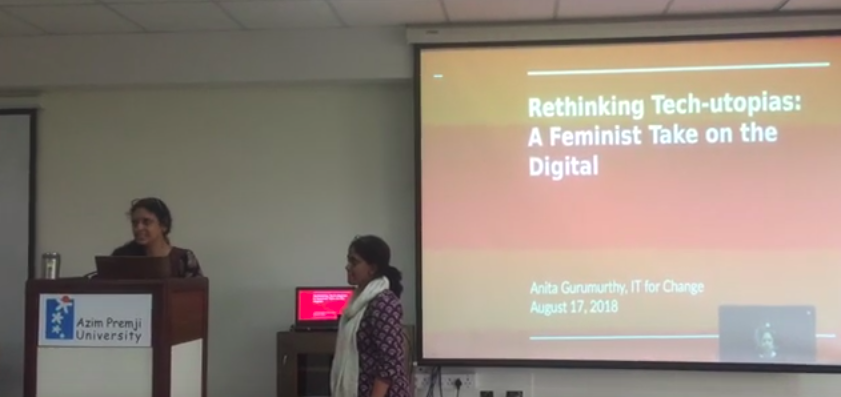This think piece was written by Gabriella Razzano as part of our ‘Re-wiring India's Digitalising Economy for Women's Rights and Well-being’ project, supported by Friedrich-Ebert-Stiftung (FES) and the European Union.
Digital inequality in Africa is profoundly gendered, with women facing particular exclusions and risks from the emerging…

